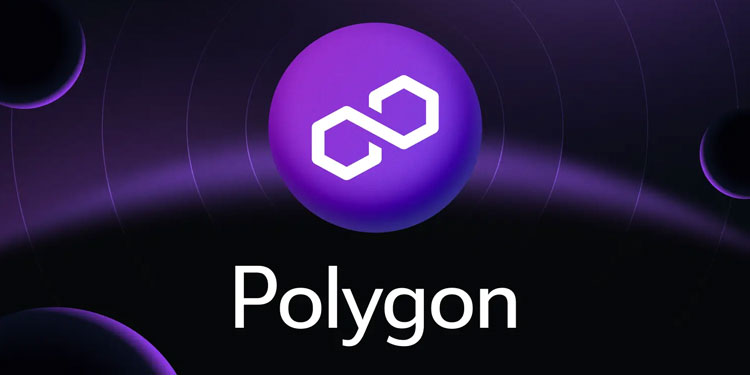
“It’s identical to utilizing Ethereum, but also with the revolutionary scaling potential of ZK technology,” Polygon stated in a statement.
As per Polygon’s revelation, a scaling mechanism for Ethereum has been in development for a certain period of time. Earlier, the organization determined that zero-knowledge (ZK) proofs are by far the most viable approach to frictionless growth.
Polygon refers to its zkEVM as “the potential of scalability on Ethereum.” zkEVM, like all other zk-based scaling solutions, is a Layer-2 covenant that consolidates a large number of trades and “proves” their authenticity to Ethereum with a solitary ZK validity proof.
Long proof durations and EVM compatibility are two of the most significant concerns zkEVM solve for scaling approaches like this. Supposedly, the ZK teams at Polygon have achieved considerable efficiency advancements, dramatically reducing proof-generation durations. They have also implemented genuine EVM compatibility.
We are proud to announce a giant leap forward for Ethereum scaling and ZK innovation.
Introducing Polygon #zkEVM, the first EVM-equivalent ZK L2.
Today we’re releasing a complete implementation, fully open-source, and we’re just getting started.
[1/6] pic.twitter.com/P929DRCT1y
— Polygon – MATIC 💜 (@0xPolygon) July 20, 2022
“Building on Polygon zkEVM is identical to building on Ethereum. You can implement any smart contract built on Ethereum. All tools compatible with Ethereum are compatible with Polygon zkEVM. Perform any operation you would on Ethereum blockchain at less cost and at higher speeds, and also have the transaction validated on the Ethereum blockchain using a ZK validity proof. It’s Ethereum, but scalable with ZK.”
Polygon developed zkEVM as an open-source, permissionless approach. The source code for zkEVM has been made public and is accessible for usage by anybody. The platform stated that the zkEVM testnet “will shortly be online,” but did not disclose any other information about prospective release plans.